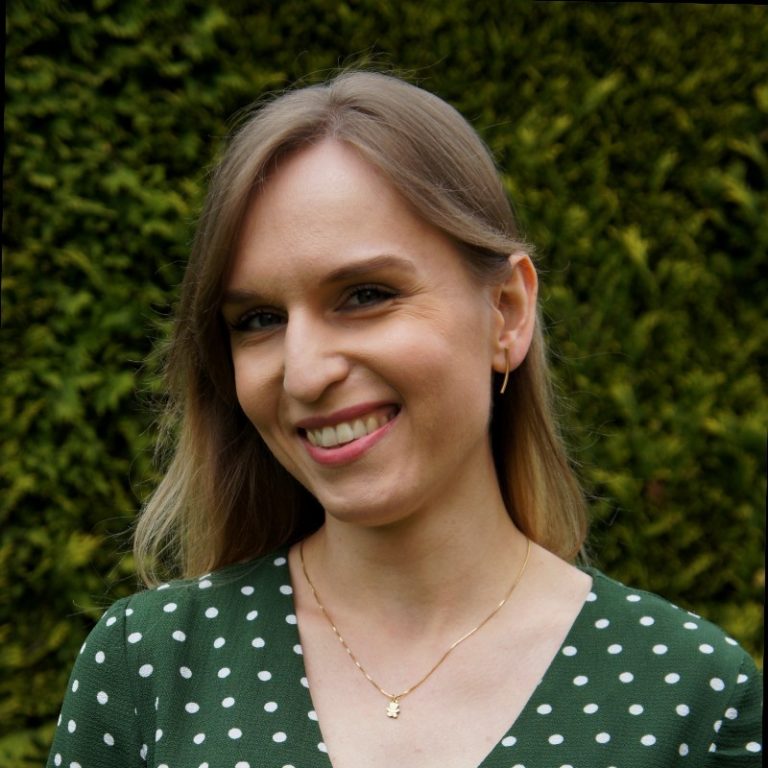- donate any property to the Foundation in the form of money or real estate. A template of a legacy document: download
- make the Foundation the sole beneficiary (for example, where there are no other beneficiaries or where the interests of the next of kin have otherwise been secured). A template of a legacy document: download
- bequeath the Foundation jointly with other individuals or institutions to which you wish to bequeath your property. A template of a legacy document: download
What can be done to advance Polish science? How to “bequeath goodwill” to the Foundation for Polish Science.

Published: %s
04.03.2024
"
Between March 4 and 8, NGOs working as part of the nationwide educational campaign “Napisz Testament” (Write Your Will) will be running the social campaign “Zapisz Dobro” (Bequeath Goodwill). This initiative, co-founded by the Foundation for Polish Science, encourages informed disposal of one’s own property and leaving a bequest in one’s last will and testament to science.
A bequest left to an organization is an expression of support for the values that are important to the testator. The “Zapisz Dobro” campaign is addressed to everyone who might be thinking of providing support for science.
Support for science
In the event that the Foundation for Polish Science is included in the will, the donated funds will be used in full to finance scholarships for young scientists as part of the START programme or to support another group of scholars as agreed between the testator and the Foundation.
The legacy document with researchers as beneficiaries was drafted by Prof. Wacław Szybalski. With the donated funds, the Foundation has been awarding the Prof. Wacław Szybalski Scholarship since 2022. The scholarship is awarded to winners of the START programme, recognized for innovative achievements in biotechnology, genetics, or molecular biology. For further details, visit https://start.fnp.org.pl/en/ .
Professor Wacław Szybalski (1921–2020) was an eminent Polish scientist born in Lviv and a geneticist who laid the foundations for the emergence of modern biotechnology and molecular biology. His pioneering research led to the creation of new scientific disciplines, such as synthetic biology and gene therapy. He worked at the University of Wisconsin–Madison, among many others. His outstanding achievements were recognized with honorary doctorates from the Maria Curie-Skłodowska University in Lublin, the University of Gdańsk, the Medical University of Gdańsk, the Gdańsk University of Technology, and the Jagiellonian University, as well as the Grand Cross of the Order of Polonia Restituta awarded to Prof. Szybalski by the President of the Republic of Poland.
A bequest to the Foundation for Polish Science
The last will and testament can be made by individuals who are able to express their intent and have full capacity to perform legal transactions. Such a document must be written in person, without assistance from anyone else. The most secure form of the last will and testament for the testator is the form of a notarial deed, which we also recommend. Drafting a will in the presence of a civil law notary – regardless of whether this takes place in a notary’s office or at home – provides the greatest certainty of implementing the testator’s last will. In accordance with the law, the last will can also be formulated orally or written by hand (holographic will) and signed.
In the last will and testament, you may: